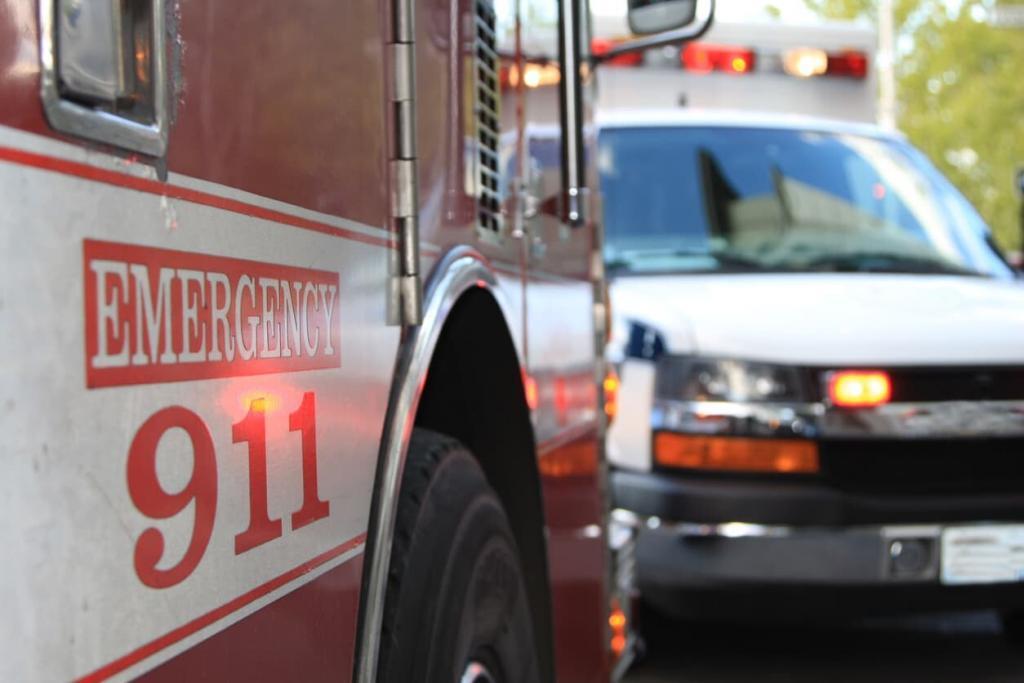Workplace emergencies occur in many ways. While some are common in specific industries, others are more general and common in almost all workplaces.
Let’s discuss common workplace emergencies, ways to minimize the risk of injuries, and what to do if you are injured.

Common Workplace Emergencies
According to the Occupational Safety and Health Administration (OSHA), understanding the emergencies specific to your workplace is the first step to mitigating them. Below are the most common workplace emergencies:
- Natural emergencies: These are the most unpredictable and the hardest workplace emergencies to prepare for. They include floods, forest fires, tornadoes, lightning, or hurricanes.
- Artificial emergencies: They are the most common workplace emergencies. They may occur due to chemical spills, gas release, factory fires, or machinery malfunctions.
- Civil emergencies: While these are the rarest workplace emergencies, they are still dangerous and can leave you with injuries. Civil emergencies can stem from protests, violence, or strikes.
Preparing for an Emergency at the Workplace
Preparing for an emergency at the workplace is crucial as it keeps everyone safe from harm, minimizes downtime and damage to machinery and the environment. It also manages life-threatening situations and goes a long way in ensuring no life is lost in a workplace emergency.
Your employer is responsible for training you on what to do if there is an emergency at work. This may include using fire extinguishers and first aid kits, location of emergency doors, and evacuation procedure. While emergency management procedures differ from industry to industry, the above basic training will help you navigate emergencies more confidently.
However, despite implementing a well-thought-out plan to mitigate emergencies, life-threatening injuries might still occur during a workplace emergency. Furthermore, the events of emergencies happen quickly, and you might not be fast enough to escape unscathed. For example, you may inhale poisonous gas during an emergency gas leak, leaving you with respiratory problems.
What Are Your Rights?
Naturally, when injured in a workplace emergency, you’ll have to stop working and focus on getting the necessary medical care. As such, you may experience financial stress due to lost wages and piling medical bills. But all is not lost. In Missouri, employees injured are generally entitled to compensation for their lost wages and medical bills.
What Should You Do?
First things first, get medical attention immediately. Next, inform your employer of your injuries in writing and within five days of the date of injury. When reporting, indicate the place, date, and time of the injury. You should also include your name, address, and nature of your injuries. You’ll then file a workplace injury claim to help you receive compensation for medical expenses, lost wages, and other damages suffered due to the workplace injury.
However, successfully filing and getting workplace injury compensation is not as easy as it sounds. It involves a lot of paperwork and back and forth negotiations between you, your employer, and their insurance company. This might take a toll on you, considering that you are unfamiliar with the Missouri work compensation law and OSHA requirements. Therefore, it would be best to have an experienced work injury attorney by your side.
Contact the Law Office of James M. Hoffman
Have you been injured in a workplace emergency? Contact the law office of James M. Hoffman. We understand the struggles you’re going through following your workplace accident and can work to get you the compensation you deserve. Call us today for a free consultation.
